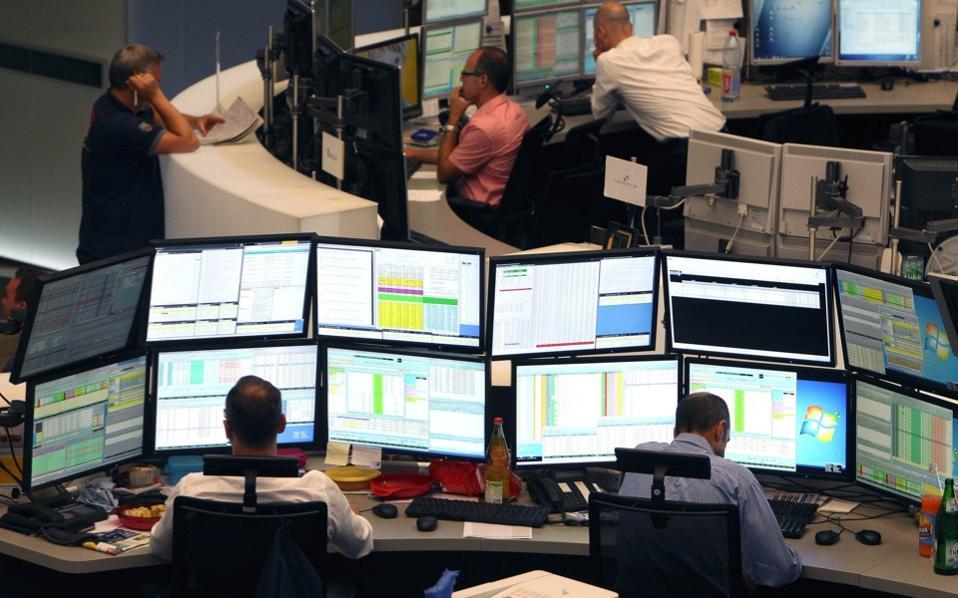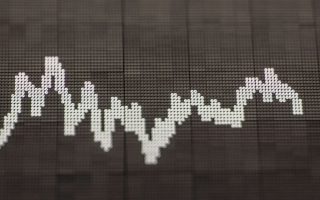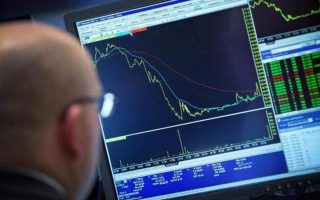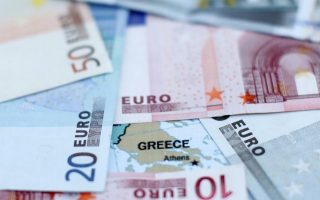Greece targeting sub-5 percent yields for market return

Greece will return to markets once its borrowing costs drop below 5 percent, sources told Reuters, which could happen if the European Central Bank includes Greek bonds in its 2.3 trillion euro purchase program.
That important caveat depends primarily on whether Athens can agree a good enough debt deal with the eurozone and International Monetary Fund next week, so the ECB, which meets on Thursday, is convinced to come on board.
It remains enough of an uncertainty that officials involved in the talks are reluctant to call the outcome. Bankers though have been quietly sounding out investors for what would be Greece's first return to markets since 2014.
The response has convinced Athens, which still has public debt ratio of 180 percent of GDP and an economy which is barely growing, to go ahead if the conditions are right.
“A return to the markets with a five-year bond should be with yields below five percent,” said a Greek government official who requested anonymity.
Greece's five-year yield is currently somewhere around 5.9 percent according to Reuters data.
Bond market investors estimate though that that could drop somewhere between 0.75 of a percentage point to 1.5 percentage points if the ECB does start buying Greek debt.
Its borrowing costs usually fall after debt deals anyway. They also point to how Portugal's 10-year bond spread to Germany shrank 1.4 percentage points when the ECB was preparing to first launch its QE program.
“We still think you are about 75 basis points away from a point where you can start to have that dialogue about Greece returning to the market,” said BlueBay Asset Management's Mark Dowding, whose firm owns Greek debt. “But I think that (ECB signalling it will buy Greek bonds) could certainly be a catalyst that would push yields into that zone.”
While the ECB would be important as a backstop for investors in case things soured again in Greece, the actual amount of Greek bonds it could buy at the moment are relatively small.
Greek sources suggest it would be 2-3 billion euros this year. That is roughly 10 percent of the 28 billion “tradable” Greek government bond market according to Societe Generale, although the bank itself thinks the ECB may actually struggle to buy anything for a while.
The central bank can't buy more than a third of the bonds issued by any country and it still holds more than 10 billion euros worth of Greek paper it bought back in 2010-2011, during the early phase of the euro crisis.
[Reuters]





